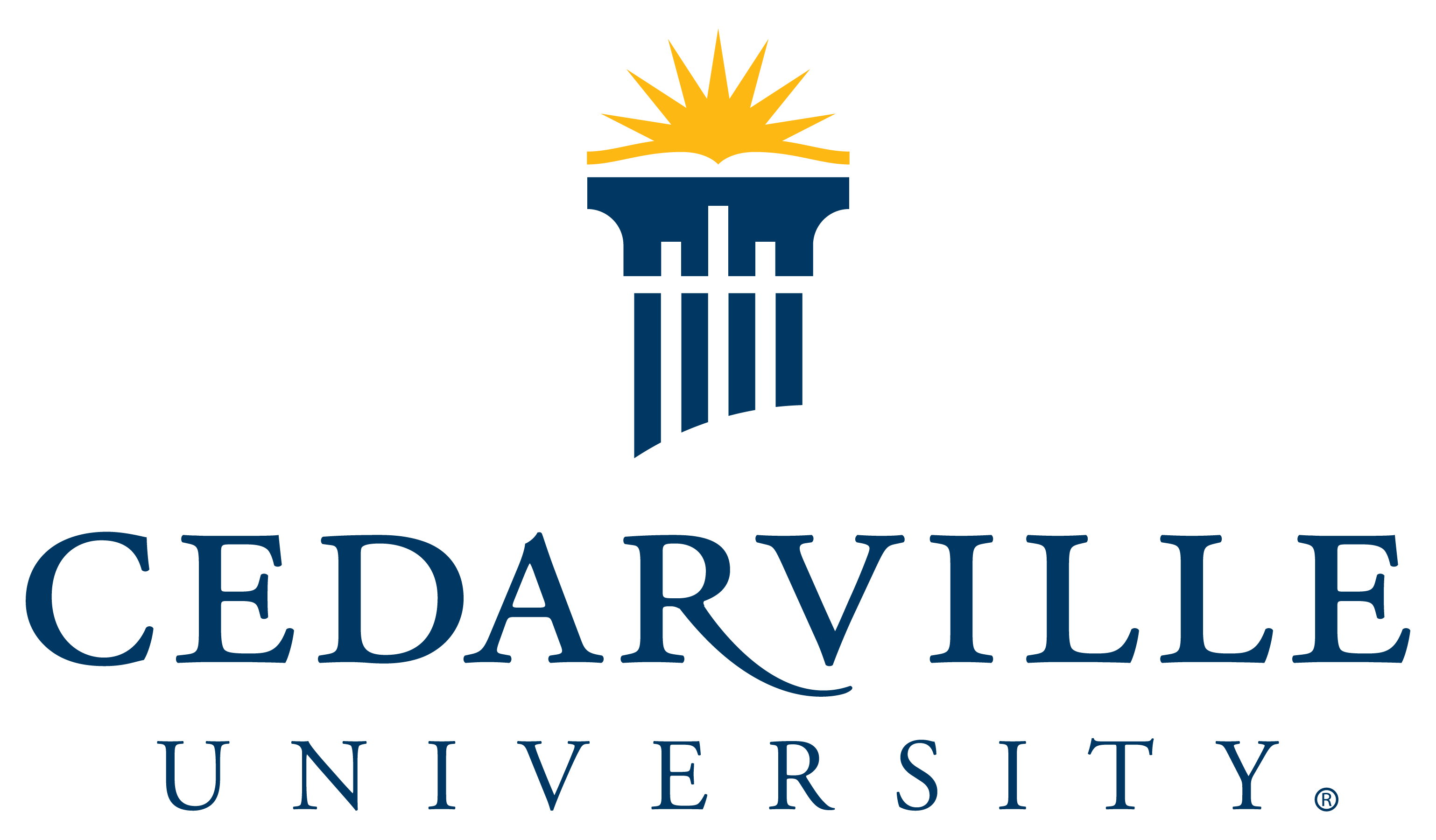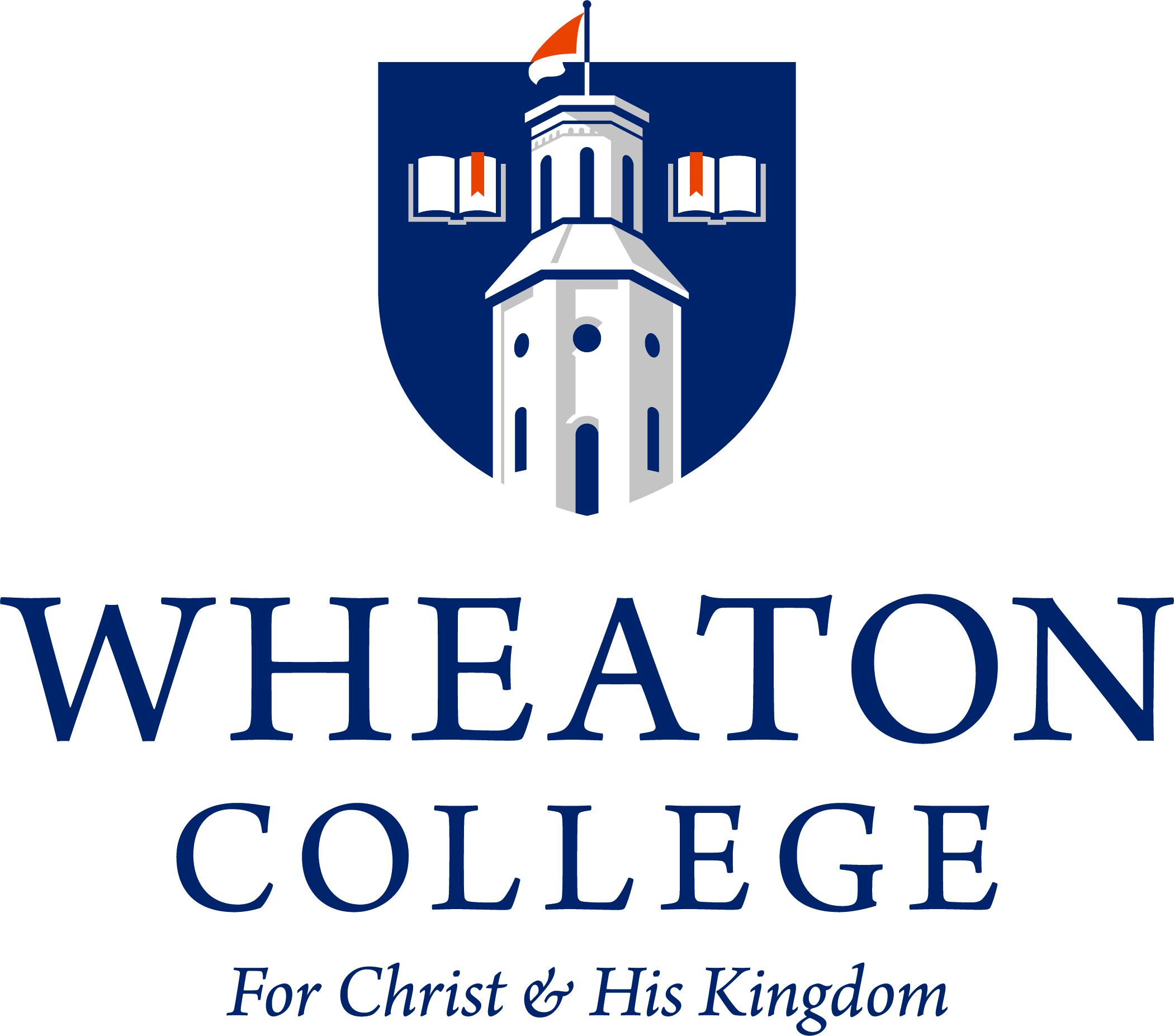The thoughtful discussions and sincere prayers regarding the theme Faithfully Present, Courageously Good have been a highlight of ACSI’s service on the Converge 2025 Steering Committee. Serving alongside such a distinguished group who are leading a variety of global Christian school associations has indeed sharpened us together (Proverbs 27:17).
The word “converge” is used to describe people coming together at a certain place to approach a common cause—the vision for Converge 2025. It is for this purpose that ACSI will be gathering with global leaders to learn, fellowship, and encourage one another in being faithfully present and courageously good. Our common, or transcendent, cause is to produce ambassadors for Jesus Christ—a generation of Daniels and Esthers. Hebrews 10:24 says, “And let us consider how to stir up one another to love and good works…” And so, we converge to stir up one another!
The Power that Empowers
ACSI aspires for each of our schools around the world to be faithfully present where God planted them. But we also pray that each school’s ethos would be grounded in the virtue of courage. C. S. Lewis states, “Courage is not simply one of the virtues but the form of every virtue at the testing point, which means at the point of highest reality.” In other words, a school’s faithful presence alone does not guarantee that it will impact its surrounding culture. Courage (imparted by the power of God through His Holy Spirit) is needed. Without courage, impact on the culture of the school, and the hearts and minds of its students, will fail. Without courage, we will also fail in a major component of a school’s engagement with the local community. If the local community does not see the distinct features of an authentic Christian school, created only by the transformational power of Jesus Christ, then it does not matter how long the school has been present in the community.
It is the Holy Spirit who empowers the school’s leaders, faculty, staff, students, and families. The Holy Spirithelps Christians be a witness and blessing to others.His power enables Christians to be courageously good, ultimately helping us be effective witnesses to Jesus. Through the process of sanctification, the Holy Spirit empowers us to be more Christlike. Life transformation is realized when there is full dependence on the Spirit: “You were made right with God by calling on the name of the Lord Jesus Christ and by the Spirit of our God” (1 Corinthians 6:11b). And understanding God’s will relies on the Christian to allow the Holy Spirit to live with us, and to teach and remind us of what Jesus taught (John 14:26). The Holy Spirithelps Christians know God’s will. God sends the Holy Spirit to live with us, teaching and reminding us of what Jesus taught during His ministry (John 14:26).
The University of Virginia’s James Davison Hunter has researched extensively the powerful impact that a long-term presence, or faithful presence, has on the culture of that community (think about our school communities). Hunter’s assumption is that Christians are authentic maturing followers of Jesus Christ. Hunter defines God’s faithful presence as: “To enact a vision of human flourishing based on the qualities of life that Jesus modeled will invariably challenge the given structures of the social order. In this light, there is no true leadership without putting at risk one’s time, wealth, reputation, and position” (Hunter, 2010).
Hunter continues by saying, “This way of living was modeled for us by Jesus. Jesus was not powerless, but he always used the power at his disposal for the good of others. The embrace of this vision “cannot help but generate relationships, institutions, and a kind of work that fosters meaning, purpose, truth, beauty, belonging, and fairness… not just for Christians but for everyone.”
Excellence: The Goal
The preamble to every effort in the Christian school should read: In pursuit of excellence in education. This should serve as the premise to every aspect of the school’s activities. The Apostle Paul’s letter to the Colossians best illustrates the origin of excellence and its intricate connection with faith in Jesus Christ. He writes, “Whatever you do, do your work heartily, as for the Lord rather than for men” (Colossians 3:23, NAS). Essentially, the catalyst to pursue excellence in education is the deep commitment and reverence to please and honor God.
Authentic devotion to the Christian faith and academic excellence are mutually reinforcing. There are not two or three forms of excellence, but rather an ethos that is cultivated throughout every facet of a school. Our suppositions for educating and training children, leading teachers, and serving parents are placed within this context. Faith is not separated from learning but rather integrated intentionally resulting in a distinctive Christian worldview. Scholarship and learning become an integral component to the maturation process known as discipleship. Thus, becoming a disciple of Jesus Christ, the ultimate objective of the Great Commission (Matt. 28:19-20) is the prize for which we strive—it is the highest form of excellence! In this light, the often overused and under-delivered term “excellence” is now elevated to a transcendent cause, framed with an eternal perspective.
Our goal is that students enter every classroom, athletic field, or performance stage being challenged to go “above and beyond.” It is at this point that a culture of excellence can best be embedded into the depths of a community. Indeed, it is then that Paul’s statement “whatever you do…” becomes real and natural. There is no room for mediocrity, compromise, or excuses. Working hard in one thing, but not another, not only dishonors what God said to us through the apostle Paul, it breeds a compartmentalized approach to our efforts. By contrast, when excellence is expected and consistently pursued then it becomes a contagious agent of individual and institutional transformation. As a result:
- Our thinking is impacted: Taking every thought captive for Christ (2 Corinthians 10:5) or thinking Christianly, is the fruit of a disciple of Jesus Christ. It is also the result of intentional training, dialogue, and the powerful transforming work of the Holy Spirit. Our prayer is that Christian school graduates develop a deeper level of thought and are compelled to a more authentic commitment of followership to our Lord and Savior.
- Our view of God’s Word is impacted: Embracing biblical truth is not a passive process of listening and gaining knowledge, but rather an active process of learning God’s Word and yielding one’s will and mind to the principles and absolutes within it; the end result is living a life characterized by obedience to Jesus Christ.
- Our view of leadership is impacted: Leadership transitions from a secular and individual-centered focus to being defined by standards set by Jesus Christ, acts of servanthood, and being other-centered.
Transforming Culture
When Christians yield their hearts and minds to the power of the Holy Spirit on a daily basis, when this authentically defines the school’s ethos, when this ethos is faithfully present in a community for many years, and when the community witnesses the love, humility, selflessness, and genuine commitment to Jesus Christ, two things emerge. One, the school becomes a beacon on a hill, as depicted in Matthew 5:14–16: “You are the light of the world. A city that is set on a hill cannot be hidden. Nor do they light a lamp and put it under a basket, but on a lampstand, and it gives light to all who are in the house.” And second, the local community notices the acts of service, selfless love of neighbor, and a sincere commitment to the Lord Jesus Christ. Empowered people then have a bridge to share the Gospel, and thus impact the culture.
ACSI is honored to link arms with the network of Christian schools around the world and the many associations that serve these schools. We look forward to seeing you at Converge 2025!
References
James Davison Hunter, To Change the World: The Irony, Tragedy, and Possibility of Christianity in the Late Modern World (Oxford University Press, 2010), 260.
About the Authors
Dr. Larry Taylor is the president of the Association of Christian Schools International (ACSI). Prior to assuming leadership at ACSI, Dr. Taylor served for 20 years as the Head of School at Prestonwood Christian Academy (PCA) in Plano, Texas. Dr. Taylor previously served as President of the Texas Private Schools Association (TPSA) Board of Directors. Dr. Taylor also was a high school principal and assistant headmaster for 12 years at The First Academy in Orlando, Florida and has held teaching positions within the public school system. Taylor co-launched a national training institute for schools, “Becoming a Kingdom School Institute,” and founded the Student Leadership Institute (SLI) program. He developed a training program for parents called “Becoming a Kingdom Family.” Dr. Taylor published the book titled Running with The Horses, which helps parents raise children to be servant-leaders for Christ and helps to build a family plan.
Dr. Todd R. Marrah is Superintendent of Tree of Life Christian Schools in Columbus, Ohio and Executive Pastor at Rock City Church. He sits on the board of the Columbus Dream Center and is board chair for the Association of Christian Schools International (ACSI). Dr. Marrah’s experience as a middle and high school teacher, a middle and high school principal, and school superintendent combined with over 30 years of pastoral ministry as a children’s pastor, youth pastor, preaching pastor, and executive pastor provides unique insights into issues facing education and the church. His research focused on the spiritual formation of middle and high school students. Dr. Marrah has the privilege of consulting with Christian schools and churches and frequently speaks on a variety of topics including board governance and leadership, strategic planning, spiritual formation, and Christian parenting.















































